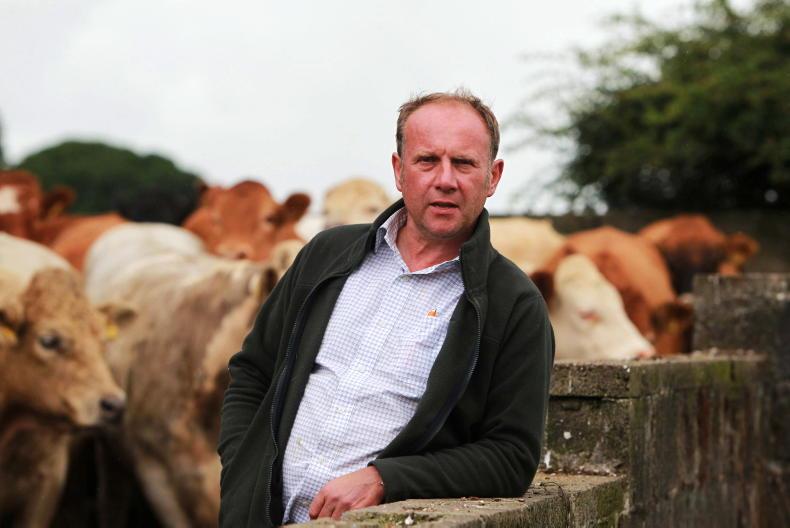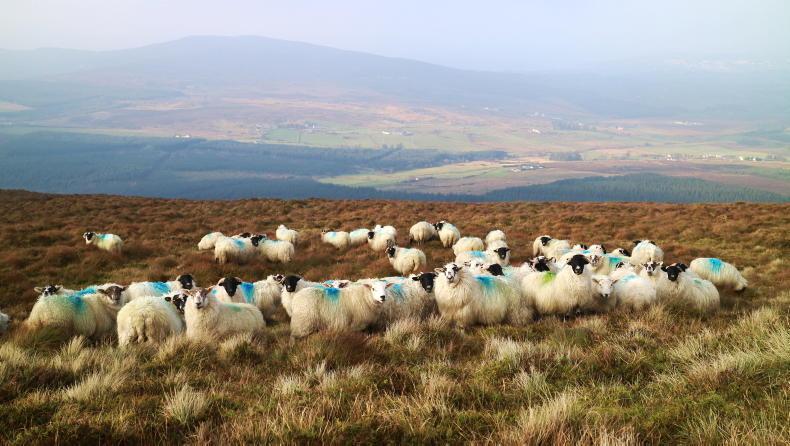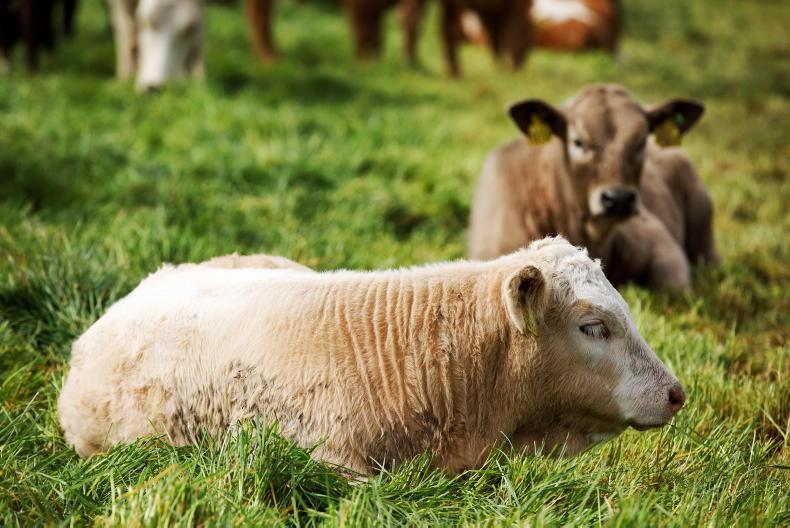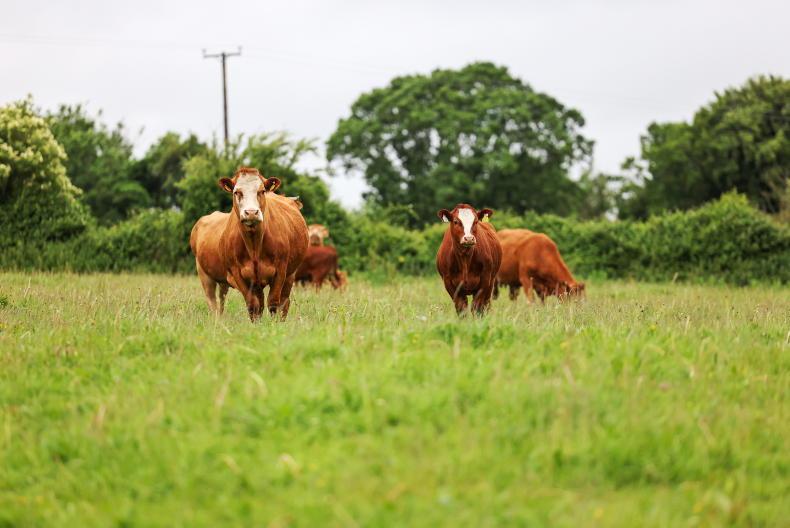A significant percentage of reader queries received on the impending Agri-Climate Rural Environment Scheme (ACRES) centre on how applicants can improve their chances of gaining entry into the scheme.
There has been a lot of commentary regarding how farmers registered with and approved as organic operators by one of the organic control bodies can gain priority entry to the general scheme via Tier 1.
Indeed, this is being used as an enticement by the Department of Agriculture in its aim of growing the number of farmers in organics.
Significant numbers of farmers considering joining organics with the added benefit of gaining priority entry to ACRES are, however, questioning if the agri-environment scheme will be capable of delivering a worthwhile payment.
This is due to the fact that to secure payment for many ACRES measures, farmers are required to forego the organic payment on the Land Parcel Identification System (LPIS)parcel concerned, due to issues regarding double funding of payments on the same parcel of land.
Scheme interactions
The interaction between the Organic Farming Scheme (OFS) and measures available in ACRES through the general entry route are outlined in the table.
The majority of farmers who have voiced concern as to the limitations of generating a worthwhile payment in ACRES are farmers with average size beef and sheep holdings who have availed of measures such as low-input permanent pasture or wild bird cover in the Green Low-Carbon Agri-Environment Scheme (GLAS).
As detailed in the table below, to gain payment under the same measures termed ‘extensively grazed pasture’ and ‘winter bird food plot’ requires applicants to forego the OFS payment for the LPIS parcel concerned.
The proposed payment for the extensively grazed pasture measure is €200/ha, while the proposed payment for winter bird food plot is €1,000/ha.
Contrasting payments
Proposed payments for beef and sheep farmers participating in the OFS are €300/ha up to 70ha in the two-year conversion phase, where applicable, and €250/ha thereafter.
This means there is no major benefit in forgoing payments on the measures mentioned above when cost of compliance has been factored in for holdings of less than 70ha.
The measures listed do, however, prove attractive for large holdings over 70ha, with payment rates returning a higher payment over the organic payment of €60/ha during conversion and €30/ha thereafter.
Where ACRES and organics comes into their own is on farms with a significant length of stone wall, as significant payments can be accumulated without foregoing OFS payments on that parcel. Other measures such as tree planting or measures relating to hedgerows are also allowable under both schemes.
There may be scope to forego organic scheme payments under the results-based low-input grassland and low-input peat grassland, with payments of up to €400/ha available along with a top-up of €50 for late-cut meadows.
This, however, would require such grasslands to be in excellent condition to score highly on the scorecard.
Tillage crossover
There is some crossover in measures for tillage farmers, as can be seen in the table below.
The OFS payment for tillage farmers is proposed at a rate of €320/ha during conversion up to 70ha and €270/ha for years three to five.
The proposed payment for dairy farmers is €350/ha during the conversion phase and €300/ha for existing producers or from years three to five for new entrants joining organic farming for the scheme starting in 2023.
The double funding issue does not affect commonage, as there is no payment currently for commonage lands under the OFS.
For non-commonage lands in ACRES under the Co-Operation Project and receiving results-based payments, the ACRES payment rate will be reduced by €250/ha for farmers receiving an OFS payment on this area.
ACRES v OFS
The interaction between measures under ACRES and the OFS, along with the fact that some farmers are questioning the cost of compliance with some measures in ACRES, is said to be leading to some farmers now looking at the option of joining the OFS rather than ACRES.
Reports from advisers indicate that the lump sum payment of €2,000 in year one of the OFS and €1,400 for years two to five is encouraging some farmers to weigh up the merits of organic farming against ACRES.
This is a sensible approach and as stated in previous weeks, farmers should look at all of the options available, including the cost of complying with schemes.










SHARING OPTIONS